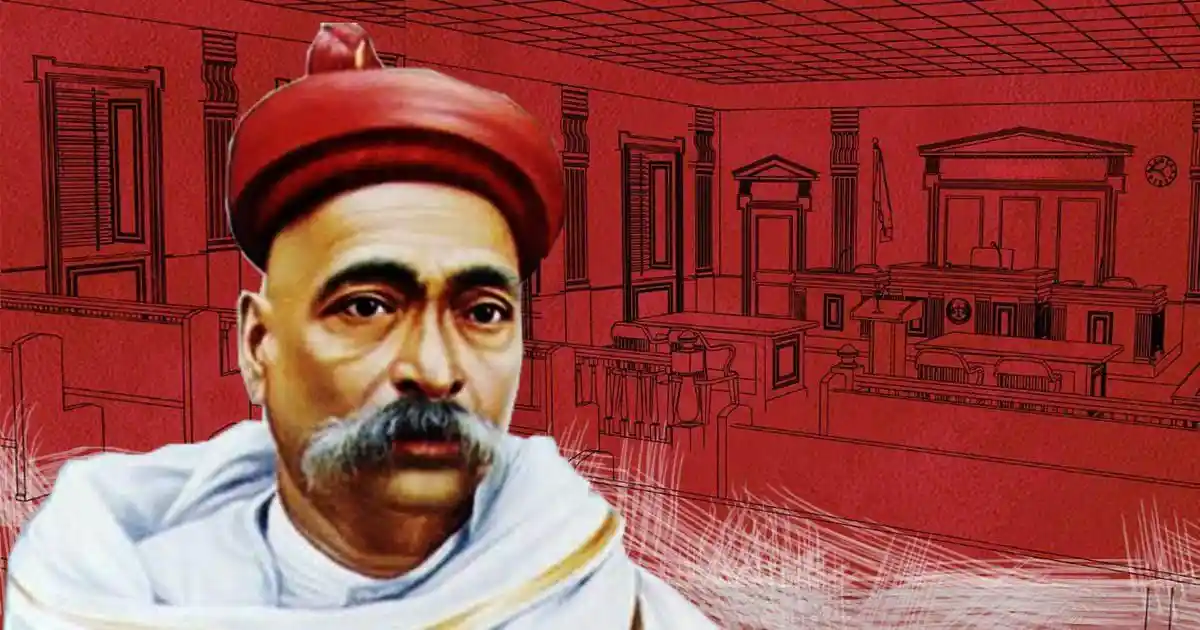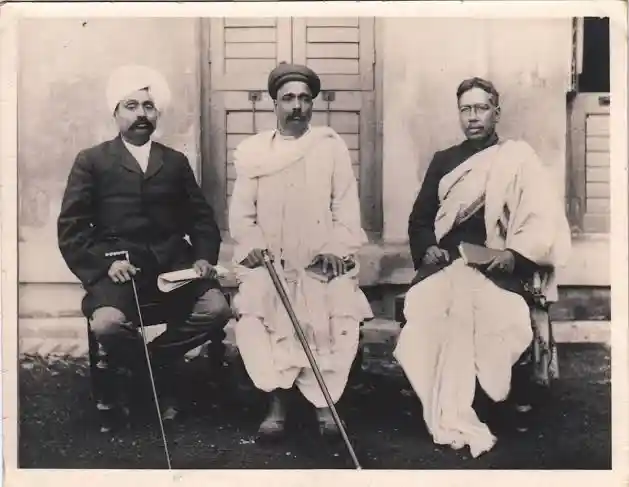The Road-maker of Swarajya
An erudite lawyer, journalist, a profound scholar, and one who is revered by people as 'Lokmanya', he was a nationalist and an independent activist known to have built a nation that is selfless and independent today.

A reformer with a vision; Image Source: Scroll
These were the words said by the legend Bal Gangadhar Tilak, that are still rooted deep in the soil of the land once ruled by the Britishers. As an ardent freedom fighter, he is the one who laid the stepping stone in bringing independence to India from British Colonization.
The year is 1856 when a bal named Keshav Gangadhar Tilak was born to a middle-class Brahmin family residing in Ratnagiri, now in present-day Maharashtra. As the British rule was quite apparent from the 17th century, it was also a time when India was on the urge to begin with its first war of Independence.
It is therefore quite acceptable that growing amidst such a revolutionary period in Indian history, he would have been the first leader of India's Independence Movement in the years to come. But before this, he was a determined and profound scholar who was still learning the country's ongoing struggle and gradually opinionated for his right. And when he did, it had to be written down in books of history.
Tilak completed his graduation in Mathematics and Sanskrit from Bombay and later pursued Masters. Leaving that in midway, he went on to study law considering the professional prospects but taught mathematics in a private school of Poona after obtaining the degree. He then left school, for he was excessively active in public affairs and became politically aware, so much, that it made him switch to active journalism and educate the masses on Britisher's enslavement. No matter how striking it is, he often switched careers until he found the right path that leads him to India. Yet, it must be noted that he was among the most educated of his time.
"Religion and practical life are not different. The real spirit is to make the country your family instead of working only for your own. The step beyond is to serve humanity and the next step is to serve God" — Bal Gangadhar Tilak
Even before Gandhi, he was already famous for being the revolutionary political leader who fought for the people's rights and lived for his country till the last breath. Even the British colonial authorities named him as "The Father of Indian Unrest", for his strong advocacy against the British Raj in India. But as he engaged politically, conflicts with the British government also increased. Thus, his journey from India to swarajya was not an easy path to walk in, as he got arrested and detained on multiple accounts of publications and oppositions raised against British Rule.
One such incident happened in 1897 when Tilak was imprisoned for 18 months in jail. He was charged by the Law of Sedition under Section 124(A) of the Indian Penal Code for an article issued against the British Government in Kesari (Marathi Newspaper). This was a classic case of a political trial conducted against many freedom fighters, during British Rule. Hence, after completing the sentenced period, he emerged as a hero in public and acclaimed his idea of swarajya in a mass gathering.
With his activeness in politics, he became well known among the people through various public rallies and mass movements organized. He brought the idea of swarajya into action. He later, joined the Indian National Congress (INC) in 1890.
Tilak stirred up a lot of people with his idea of taking the British out of the country and establishing self-government in India. Inside INC, the gradual formation of his close alliance with many known nationalists of that time like Lala Lajpat Rai and Bipin Chandra Pal turned out to be one of the infamous Lal-Bal-Pal triumvirates who advocated the historical Swadeshi and the Boycott Movement in the early 20th Century. But the party was excessively ruled by politics and later got split due to ideological differences.
Though, after the Jallianwala Bagh Massacre in 1913, Tilak was highly depressed with the tyranny established by Britishers. He continued to lead the movement, but sadly, his health deteriorated him to death. Yet the fact remains, that the lokmanya surely infused the dream of swarajya in every Indian through his life as his movement to boycott foreign goods continued until independence was achieved in 1947.
Today, it is nothing but a proud moment for every Indian to live in a free country and marks his words as a vision for India.

Lal-Bal-Pal: the three pillars of Swadeshi Movement; Image Source - Twitter


